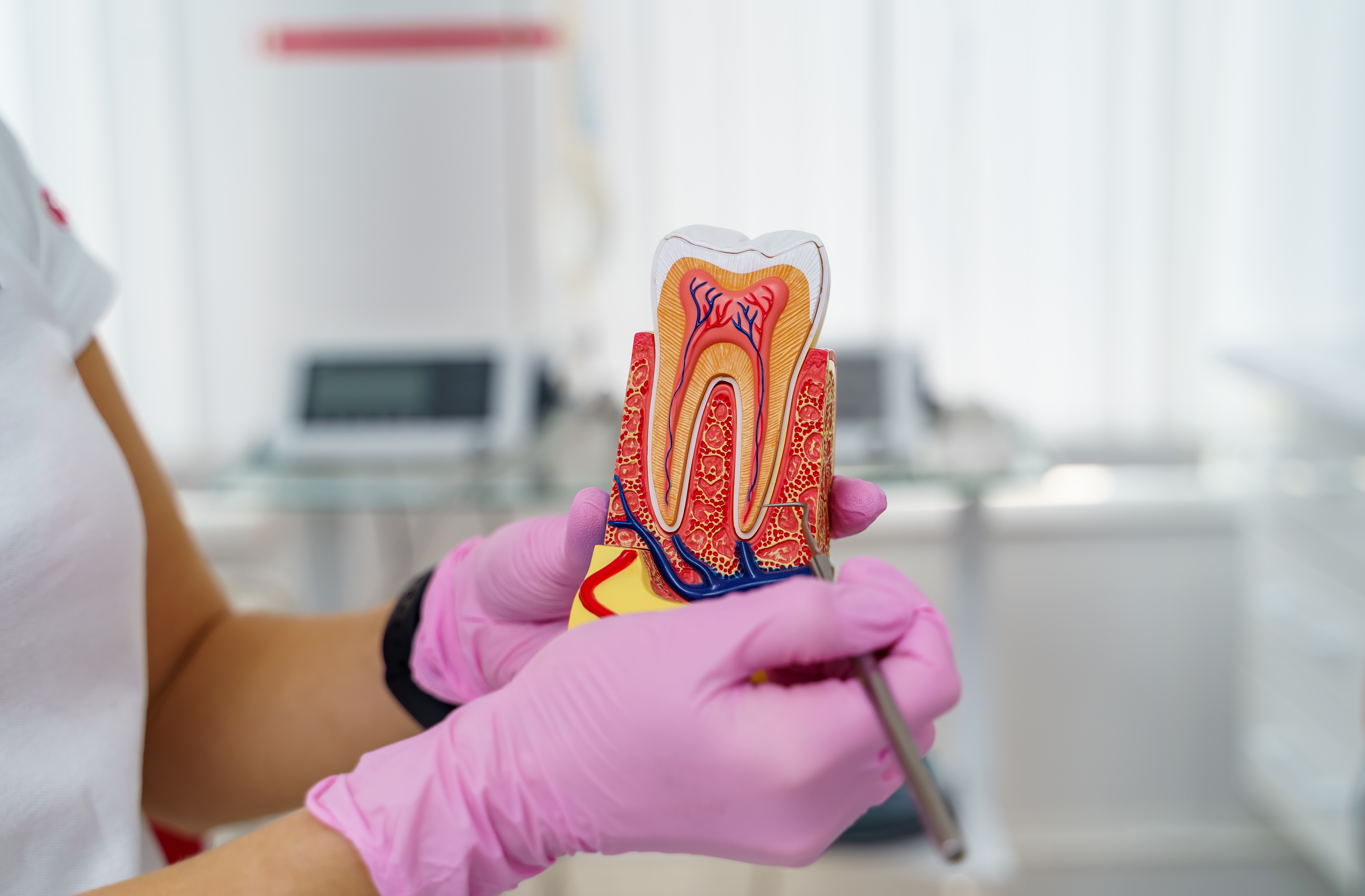What Services Does a Preventive Dentist Provide?

Seeing a preventive dentist, which is a dental health professional who focuses on the prevention of oral health issues, is an essential part of overall oral health maintenance. To help their patients keep their teeth and gums in good condition, a preventive dentist provides a range of treatments.
Services commonly provided by a preventive dentist
The following are some services that a preventive dentist typically offers their patients:
Routing dental checkup
Preventive dentists also provide routine dental checkups to look for early warning signs of dental issues and to clean the teeth. Checkups are cornerstones of what a preventive dentist offers. Every six months, patients should see the dentist for a checkup that includes a complete inspection of their teeth, gums, and mouth.
The dentist will look for cavities, gum disease, and any other oral health issues that may be affecting the patient during a dental exam,
Dentists that focus on prevention also provide diagnostic services to spot the first signs of tooth decay or gum disease. The dentist may use x-rays to check for cavities or other problems that are not visible to the naked eye. The dentist could also utilize intraoral cameras and other diagnostic equipment to examine particular parts of the mouth in more detail.
Dental cleaning
Preventive dentists take routine dental cleanings seriously — and for good reason. Regular dental cleanings help keep cavities and gum disease at bay by removing plaque and tartar from teeth and along the gum line. The dentist could use polishing to get rid of superficial stains when cleaning the teeth.
Fluoride treatment
Preventive dentists also provide fluoride treatments. Fluoride is a mineral that can protect tooth enamel and reduce the risk of cavities. A fluoride gel or varnish applied by the dentist after cleaning may help prevent cavities.
Dental sealants
Another option to protect the teeth from deterioration is dental sealants. To prevent tooth decay, the dentist will apply a thin coating of plastic material over the molars. Although this procedure is often reserved for kids, it may be helpful for adults at risk of tooth decay.
Custom mouthguard
Patients who participate in physical activities, such as football or boxing, should definitely inquire about getting a custom mouthguard from their dentist. A bespoke guard provides the highest possible degree of protection, much beyond that of any off-the-shelf mouthguard.
A custom-made sports mouthguard protects the teeth and gums. If one gets struck in the face during a game or practice, the teeth will be protected from the blow.
Oral cancer screening
Preventive dentists might also offer oral cancer screenings. The oral cavity, pharynx, and tongue are visually inspected for malignant or precancerous tumors. Screenings should be performed routinely since early diagnosis is crucial in treating oral cancer.
The American Cancer Society expects about 54,540 new cases of oral cavity or oropharyngeal cancer in 2023. This highlights the critical importance of undergoing an oral cancer screening during your next visit. Some of the risks of oral cancer include smoking, excessive alcohol intake, family history of cancer, and Human Papillomavirus (HPV).
It is important to remember that anybody may develop oral cancer at any time, even if they do not have any of the typical risk factors. Patients should inform the dentist and their staff of any oral cancer risk factors they may have; this will help them prioritize regular oral cancer tests.
Education
Preventive dentists advise their patients on how to keep their teeth and gums healthy via education and counseling. They may offer advice on how to brush and floss effectively, what foods to eat, and other preventative measures. As tobacco use is associated with poor dental health, the dentist may also provide advice on how to kick the habit.
Gum treatment
Tooth loss may result from gum disease, a prevalent oral health problem. Preventive dentists offer periodontal treatment to treat gum disease and stop it in its tracks. Scaling and root planing, a thorough cleaning procedure for the gums that removes plaque and tartar, may be part of this.
The bottom line
A preventive dentist may provide a wide range of treatments to help their patients maintain excellent oral health, which is why they are so important. Preventative dentistry involves a wide range of services, including regular examinations and cleanings. Patients may take charge of their oral health and avoid future dental issues by consulting with a preventive dentist.
Request an appointment here: https://cosmeticdentistdallastx.com or call Lalangas Family Dentistry at (972) 534-6008 for an appointment in our Dallas office.
Check out what others are saying about our dental services on Yelp: Preventative Dental Care in Dallas, TX.
Related Posts
Looking for information on preventive dentistry? Read on to learn more. A good preventive dentist can save you money on significant tooth problems, pain, and costly treatments in the future. All treatments or procedures that prevent tooth decay, tooth damage, and gum disease fall under preventive dentistry. Fortunately, when preventive dentistry is incorporated into daily…
Seeing a preventive dentist can help keep your teeth and gums healthy. Prevention is always better than extensive treatments, especially when it comes to dental health. This provider can perform treatments that can keep dental problems at bay. Here are some of the benefits that you can enjoy from visiting a preventive dentist for regular…
When it comes to preventive dental care, the approach is two-fold. First, it involves going to the dentist for regular checkups and performing any recommended follow-up treatment. Second, good oral health habits are crucial for keeping the body in good working order. For people living with chronic conditions such as diabetes and osteoporosis, keeping up…
When patients go for routine dental care, they may or may not have X-rays taken of their mouths. Dentists use these important diagnostic tools to check all layers of the tooth. While a key part of routine care, X-ray imaging may not be taken every visit. Every patient is different, and the recommended frequency for…


